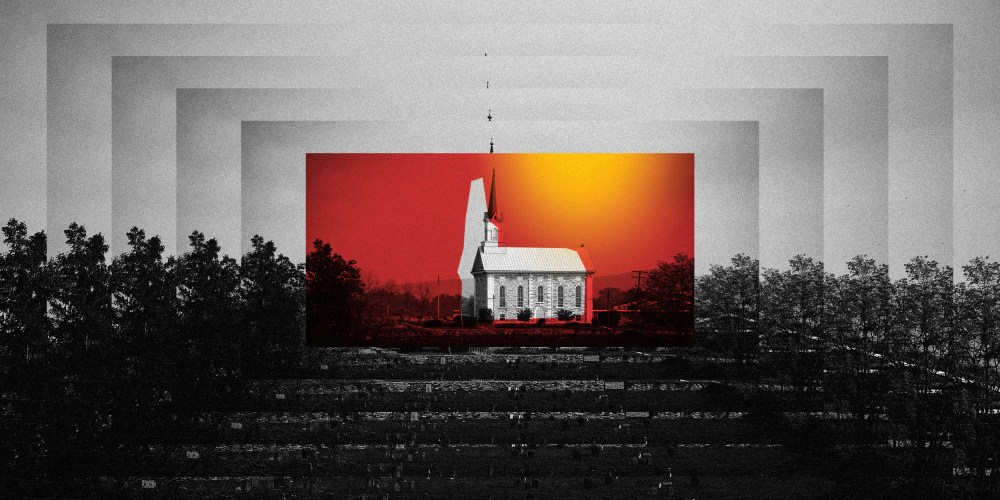The New Census of American Religion from the Public Religion Research Institute, or PRRI, is a bracing look at the past and the future of American organized religion. To summarize, the social and political future belongs to the religiously unaffiliated, Christians of color and the youth. White evangelicals, once a powerhouse, younger group, are now the oldest Christians in the country, and their vaccine hesitancy may also curb their life expectancy. And despite debates about history, our nation remains divided by boundaries of immigration and slavery from the 19th century that still exist in the 21st century.

The survey, conducted by PRRI founder Robert P. Jones, author of “White Too Long: The Legacy of White Supremacy in America,” makes an excellent point about the waning dominance of white evangelicals. “These things tend to be generational, and this really began with the millennial generation,” Jones told NPR. Indeed, the survey shows that white evangelicals are the oldest population of Christians in the country, weighing in at a median average of 56 years of age. White and Black Protestants, in comparison, have a median age of 50. Meanwhile, the median age of the religiously unaffiliated is 38.
The future then, does not bode well for this corner of the U.S. faith community.
The wailing and flailing of the Republican Party and white evangelicals over vaccines and critical race theory are perhaps as much about self-preservation as they are about social change. With their numbers declining, evangelicals are trying to remain relevant and influential by doubling down on the culture war. But at the same time, these white evangelicals are aging, making a strategy reliant on this up-until-now very durable base seem shortsighted.
The PRRI survey also offers some illuminating information about vaccine hesitancy. A map of counties where the delta variant is surging correlates closely with a map of where white evangelical respondents are the dominant religious group. No surprise then, that an anti-vaccination speech was applauded at the recent Conservative Political Action Conference in Dallas. It seems that some white evangelicals, in particular, are ready to meet Jesus sooner rather than later.
As someone who has written extensively about this topic, I think the PRRI survey underscores some key insights. Despite their outsize political and media influence, white evangelicals are not the bulk of religious Americans. White mainline Protestants in this survey made up a little over 16 percent of the population surveyed, around 2 percentage points more than white evangelicals specifically. And with 23 percent of the population weighing in as “unaffiliated,” the idea that America is a Christian nation, as evangelicals so often want to claim, is more myth than reality.
As someone who has written extensively about evangelicals, I think this survey offers some key insights.
In fact, the survey may indicate many younger Americans’ fatigue with the endless “God politics” that preoccupy certain areas of the country, especially in the South. Rejection of science has always been a part of evangelical belief, from the Scopes trial forward. But the pandemic has laid bare the very real consequences of anti-science ideology, religious or otherwise.












